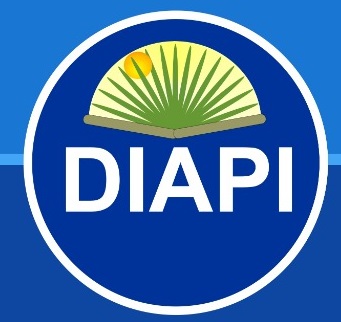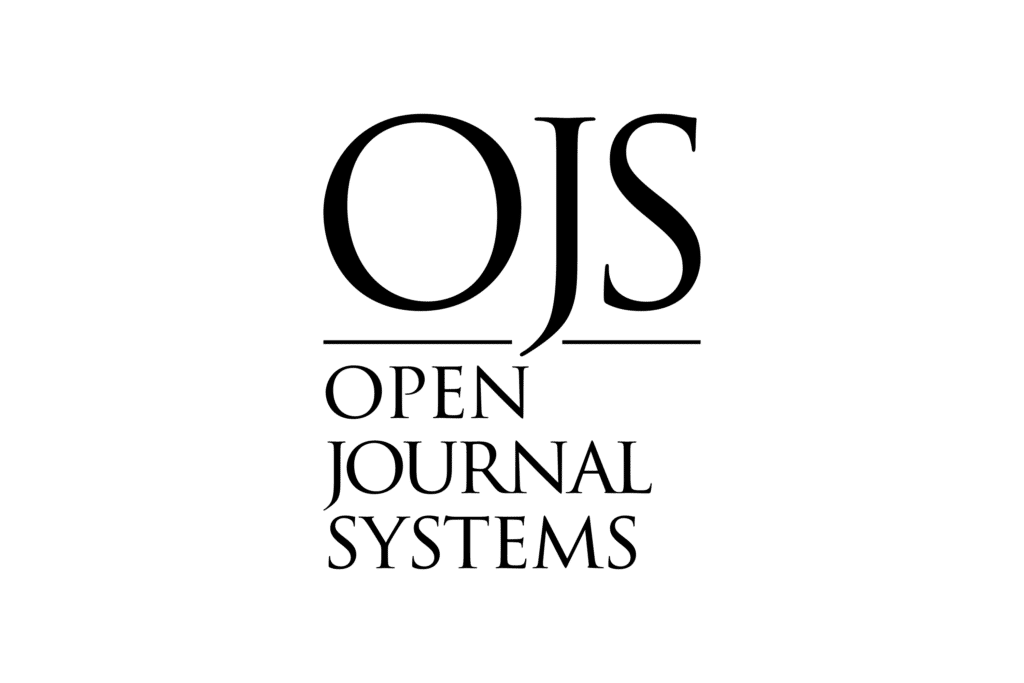Theoretical considerations about the formation of the ability to identify cell morphology in the Clinical Bioanalysis
DOI:
https://doi.org/10.52579/diapi.vol5.i1.a19660Keywords:
Process, Training, identify, cell, skillsAbstract
The scientific-technical progress and the social transformations that take place in the contemporary world pose new demands in the training of university students due to the need for them to be able to actively participate in the transformations of society. The article is aimed at socializing theoretical results of an investigation about the process of formation of the ability to identify the morphology of the cell in the Clinical Bioanalysis career at the University of Medical Sciences of Pinar del Río. The main methods were the dialectical-materialist as a general one that allows the materialization of the unity of theory and practice, based on a systemic and generalizing approach, together with theoretical methods such as historical-logical analysis and its procedures, analysis and synthesis and induction and deduction, to reach conclusions and make generalizations. The results were in the historical and theoretical systematization of the formation of the ability to identify the morphology of the cell in the Clinical Bioanalysis career, in the national and international contexts, as well as its antecedents at the University of Pinar del Río, which presents insufficiencies. In its implementation, it is not supported by the professional mode of action, not contributing to the configuration of the object of the profession. The conclusions were in the need for improvement that contributes to the training of a more competent professional.
Downloads
References
Spirin LF (1977). La formación de las habilidades pedagógicas. Tesis de doctorado Instituto Superior Pedagógico “Rafael María de Mendive”. Pinar del Río. Cuba.
Klingberg L. (2009). Introducción a la Didáctica General. La Habana: Editorial Pueblo y Educación.
Savin N. V. (1982). Pedagogía. Pueblo y Educación.
Danilov, N. A. y Skatkin, M. N. (1980). Didáctica de la escuela media. Editorial de Libros para la Educación.
Álvarez de Zayas R. M. (1997). Hacia un currículo integral y contextualizado. La Habana: Editorial Academia.
Álvarez de Zayas, C. M. La escuela en la vida. La Habana: Editorial Pueblo y Educación; 1999.
Silvestre Oramas M, Zilberstein Toruncha J. (2000). Enseñanza y aprendizaje desarrollador. Ediciones CEIDE.
Márquez Marrero, J.L.; Ordaz Hernández, M. y Lazo Fernández, Y. (2023) Las habilidades: aspectos psicológicos desde la teoría histórico cultural. Derivaciones metodológicas para su formación. En: T. Y. Cala Peguero y P. Gougoulakis (Compiladores). Habilidades profesionales competencias y formación para el emprendimiento. Editorial Universitaria. Editorial Científica Liber Ciencia. ISBN versión digital 978-959-16-5055-9.p. 200.
Lanuez Bayolo, M., Pérez Fernández, V. (2005). Habilidades para el trabajo investigativo: experiencias en el Instituto Pedagógico Latinoamericano y Caribeño. IPLAC.
Brito Fernández H. Habilidades y hábitos (2016). Consideraciones pedagógicas para su manejo pedagógico. Editorial Varona.
Machado Ramírez, E. F. y Montes de Oca Recio, N.(2004). La formación y desarrollo de habilidades en el proceso docente-educativo. Universidad de Camagüey. http://www.monografias.com/trabajos15/habilidades-docentes/habilidades-docentes.shtml
Gómez, J. A. (2005). Evolución histórica de la morfología. Rev. Cubana Morfofisiol. 11(1),3-9.
Downloads
Published
How to Cite
Issue
Section
License
Copyright (c) 2024 Yanedsi López Dueña, Juan Lázaro Márquez Marrero, Ekaterina Ferragut Reinoso

This work is licensed under a Creative Commons Attribution-ShareAlike 4.0 International License.
Direitos Autorais
A submissão de originais para a Diálogos e Perspectivas Interventivas (DIAPI) implica na transferência, pelas(os) autoras(es), dos direitos de publicação. Os direitos autorais para os manuscritos publicados nesta revista são das(os) autoras(es), com direitos da DIAPI sobre a primeira publicação. As(os) autoras(es) somente poderão utilizar os mesmos resultados em outras publicações indicando explicitamente a DIAPI como o meio da publicação original.
Licença Creative Commons
Exceto onde especificado diferentemente, aplicam-se à matéria publicada nesta revista científica os termos da licença Creative Commons Attribution-ShareAlike 4.0 International License, que permite o uso irrestrito, a distribuição e a reprodução em qualquer meio desde que a publicação original seja corretamente citada.













 Esta obra está licenciada com uma Licença
Esta obra está licenciada com uma Licença 